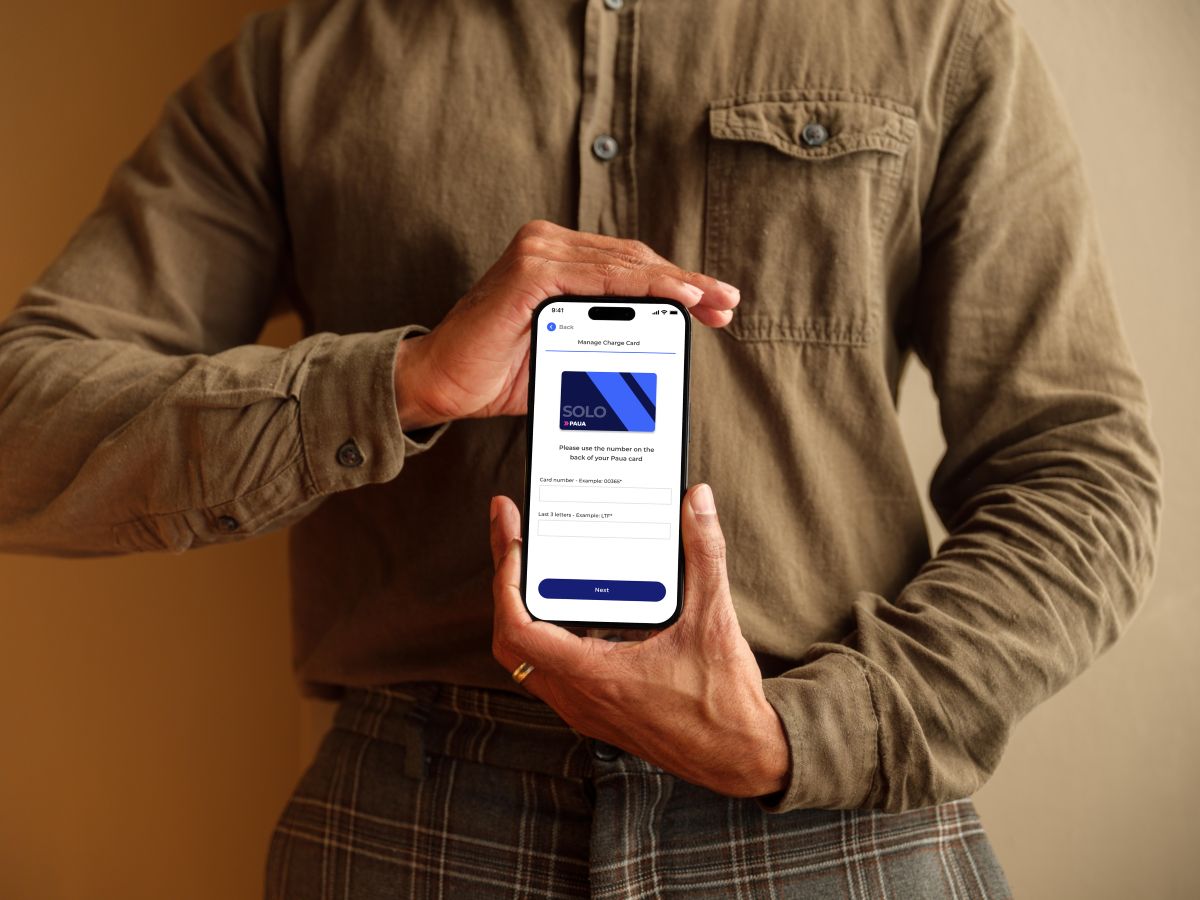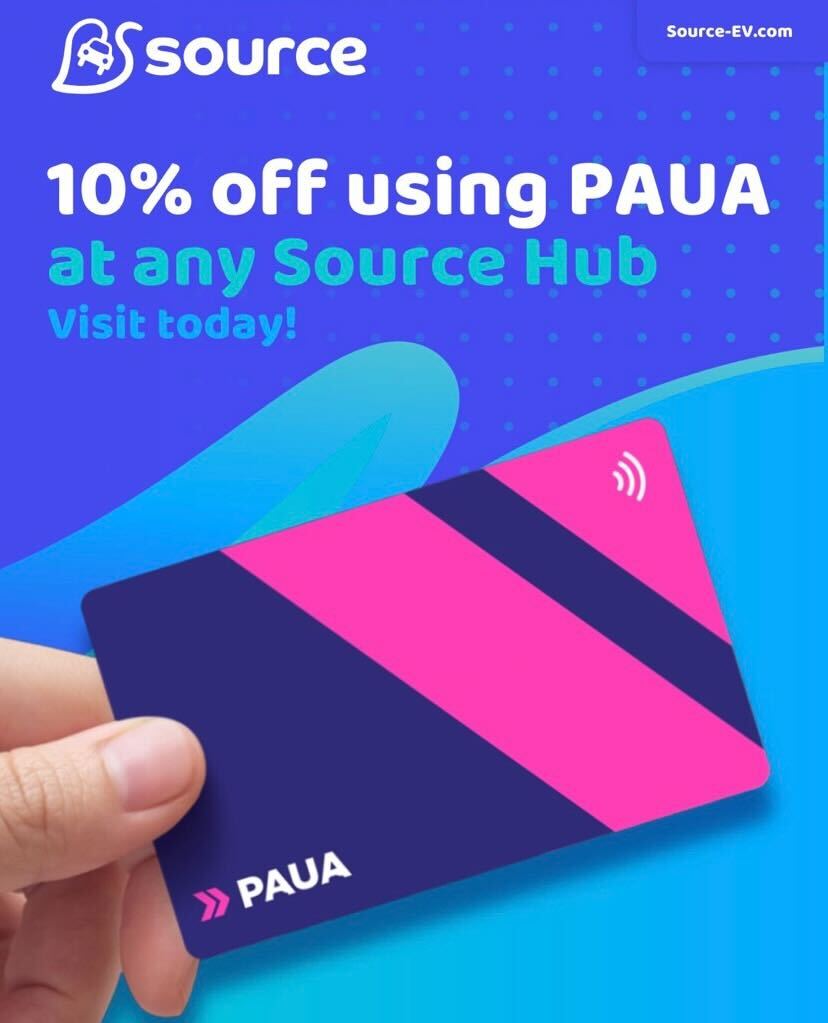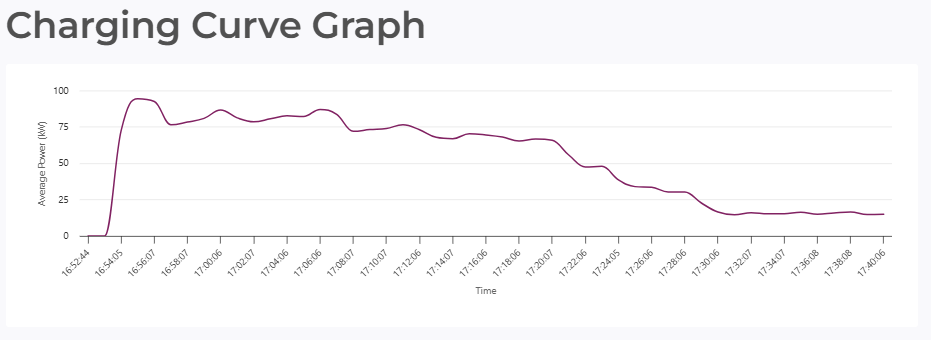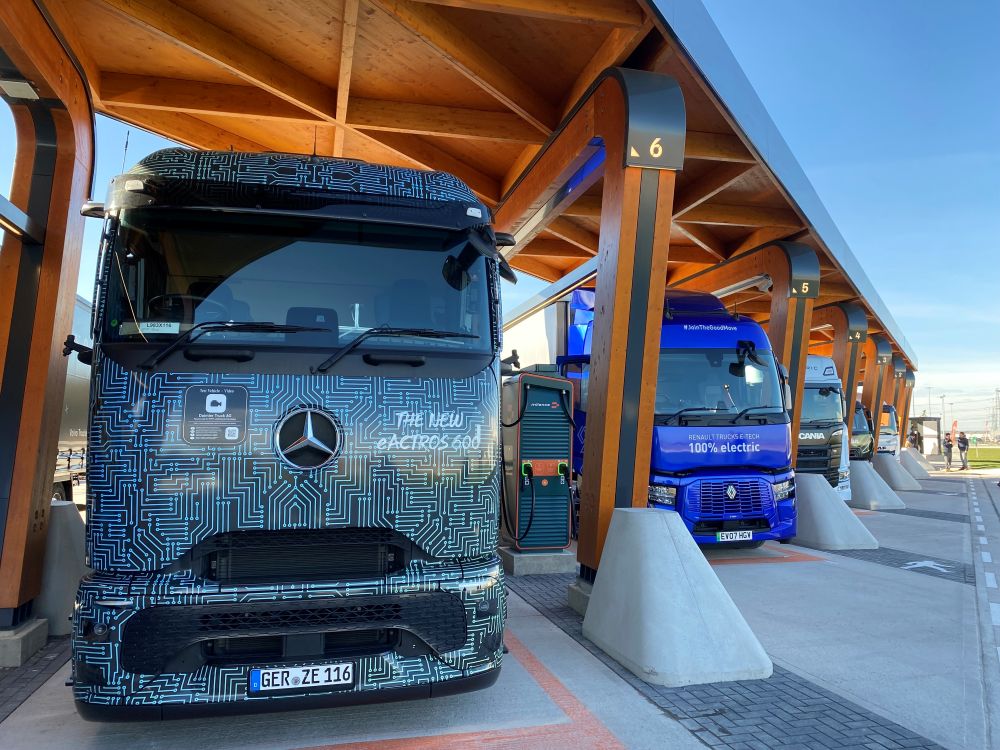TL;DR
- Salary sacrifice EV schemes cut the cost of driving electric; but Paua Solo makes charging cheaper too.
- By paying for public charging before tax, many drivers can save 42% (some up to 62%), while employers simplify admin and boost sustainability.
- This article covers many of the key points decision makers need to know
The 2025 Complete Guide to Salary Sacrifice EV Charging
How Paua Solo Makes Public Charging Fair, Simple, and Tax-Efficient
Introduction: The Next Step in the EV Revolution
Electric vehicles have changed how Britain drives. Cleaner, quieter, and increasingly affordable, they’ve transformed corporate fleets and employee benefits alike.
At the heart of that change sits the salary sacrifice EV scheme; the biggest workplace shift in car ownership since the company car itself.
But there’s still one part of the journey that’s uneven: public charging.
For the 44% of UK drivers without off-street parking, charging an EV can still feel harder and more expensive than it should. It’s the overlooked friction point in an otherwise brilliant system.
That’s why Paua created Paua Solo; the UK’s first public EV charging card built specifically for salary sacrifice EVs, letting drivers use gross salary (pre-tax income) to pay for charging and save up to 62%.
This guide explains exactly how it works, why it’s compliant, and how it makes the EV revolution fair for everyone.
1. What Is a Salary Sacrifice EV Scheme?
A salary sacrifice scheme lets employees give up part of their gross pay in exchange for a benefit; in thiscase, an electric vehicle.
Because the deduction happens before tax and National Insurance, employees pay less overall and employers save on employer NI contributions (15% for 2025/26).
It’s a win-win.
Why EVs areperfect for salary sacrifice
- Electric vehicles have low Benefit-in-Kind (BiK) tax; currently just 2% until April 2025 and 3% to April 2026.
- That means they cost far less to run than petrol or diesel cars through the same structure.
- Combined with salary sacrifice tax savings, EVs can become up to 50% cheaper than retail leasing.
So, the car part is sorted. But what about the charging?
2. The Missing Piece: Public Charging
Here’s the catch: not everyone can install a home charger.
In fact, 44% of UK households lack off-street parking
Paua salary sacrifice EV charge cards support the, nearly half of employees, that can’t access cheap overnight charging at home.
Without an integrated public chargingsolution, these employees face
- Administrative pain (access challenges, data challenges, receipts, etc.).
- Higher energy costs (public charging can be 60–75p per kWh).
- No salary sacrifice savings on their charging.
That’s not just inconvenient ; it’s unequal.
Drivers without driveways end up paying more for the same clean mobility.
3. Introducing Paua Solo: The Public Charging Solution
Paua Solo completes the EV salary sacrifice experience by bringing public charging into the same pre-tax structure.
How it works
- Add Paua Solo to your EV salary sacrifice package.
- Choose your monthly allowance; £25, £50, £75, or £100.
- The amount is deducted from your gross salary each month (before tax and NI).
- Paua loads that allowance to your Paua EV charge card each month.
- You charge anywhere on 65,000+ public connectors (accurate Oct 2025) across 50+ networks
The Paua Salary Sacrifice Product is simple, automated, and compliant.
The savings
- Basic-rate taxpayers: Save ~28%.
- Higher-rate taxpayers: Save ~42%.
- Highest rate tax payers : Up to 62%.
You get more energy for less money, every single month.
4. The Financial Logic: Paying Before Tax vs After
The difference between paying before and aftertax is night and day.

And because employers save 15% in NI on every pound of sacrificed salary, the total system benefit supports employres also.
So, £100 of public charging through Paua Solo might effectively cost the driver just £58, while saving the employer £15.00.
That’s the power of paying before tax.
5. How Paua Solo Works Day-to-Day
Let’s make it practical.
1. Select your allowance
Choose an amount that fits your lifestyle; say £50 per month for moderate driving.
2. Get your card and app
Paua sends your card and gives you access tothe Paua app, showing:
- Nearby chargepoints
- Balance remaining
- Live usage history
3. Charge anywhere
Tap your card, plug in, and go. Paua handlesthe rest behind the scenes.
4. Roll over unused balance
Didn’t use all your allowance this month? No problem. It rolls over automatically to the next month.
5. Top up if you need more
Charged more than expected? The extra is billed to your personal debit/bank card — seamless, instant, compliant.
6. Why Paua Solo Is Tax Compliant
This is a vital question for every HR, finance and scheme provider.
Let’s unpack why Paua Solo’s EV charge card gross-pay model is fully aligned with HMRC salary sacrifice guidance.
The HMRC rule
Salary sacrifice is valid when*:
- The employee gives up part of contractual pay before the benefit is provided.
- The benefit is clearly defined and measurable.
- The arrangement is contractual and pre-agreed.
Paua Solo meets all three tests:
- The allowance (£25–£100) is fixed in advance and written into the salary sacrifice agreement.
- The benefit; public charging balance, is equal in value to the deduction.
- Payroll handles the deduction before tax and NI are applied.
There are no post-pay reimbursements, no retroactive deductions, and no ambiguity.
That’s what distinguishes Paua Solo from “after-use” or “reimbursement” models, which risk falling outside HMRC definitions and creating grey areas for employers.
In short:
Paua Solo keeps your EV charging inside the salary sacrifice framework and aligned with your salary sacrifice EV's, not dangling just outside it.
7. Why Employers Should Care
Employers are the engine behind the salary sacrifice revolution. But they’re also under pressure; to cut emissions, to meet ESG goals, and to provide benefits that feel fair to retain talent.
Adding Paua Solo achieves all three.
The commercial benefits
- NI savings: 13.8% per employee on the sacrificed amount.
- Reduced admin: One invoice, one dashboard, fixed deductions.
- Predictability: No fluctuating payroll calculations.
The cultural benefits
- Inclusivity: Employees without driveways can now go electric affordably.
- Sustainability: Every driver can participate in your net-zero plan.
- Fairness: No hidden costs or “EV inequality” between staff.
For HR, fleet and sustainability leads, that’s the trifecta: engagement, compliance and impact.
8. Why Employees Love It
From the driver’s perspective, Paua Solo feels like magic.
No more juggling apps or claiming receipts. Just one card, one balance, and one simple rule: plug in and save.
Key benefits for drivers
- Up to 62% cheaper charging.
- Automatic savings at their tax rate.
- Nationwide access to 65,000+ chargepoints.
- No admin.
- Rollover and top-up flexibility.
It’s like turning your payslip into your charging wallet.
9. How Paua Solo Integrates for Scheme Providers
For leasing partners and salary sacrifice providers, Paua Solo is plug-and-play.
Integration models
- Manual Upload; Quick-start with spreadsheet imports.
- API Integration; Full automation between systems.
Operational benefits
- Simple reporting and monthly invoicing.
- Live dashboards for usage, VAT and savings.
- Built-in compliance guardrails.
And because the monthly allowance is fixed,there’s no payroll volatilit, a huge win for scheme scalability.
10. The ESG Advantage
Fair access to EV charging is no longer a “nice-to-have.” It’s a core sustainability issue.
By adding Paua Solo, employers:
- Support Scope 3 carbon reductions by enabling more EV drivers.
- Improve DEI metrics (benefits accessible to all employees).
- Gain auditable sustainability data (just ask your scheme provider from data in Paua’s dashboard including kWh used and estimated CO₂ savings.)
It’s measurable fairness; exactly what investors and regulators now expect under ESG reporting standards.
11. Why Fairness Drives Progress
The green transition can’t just be about technology; it has to be about people.
Paua Solo ensures that:
- Renters aren’t left behind.
- City drivers aren’t penalised.
- Every employee has equal access to affordable charging.
It’s the practical expression of corporate sustainability: cleaner fleets and fairer benefits.
And that’s not just ethical — it’s efficient. Because when fairness rises, adoption soars.
12.Frequently Asked Questions
Q: Can I add an EV charge card to a salary sacrifice electric car?
Yes. Paua enables this with a market leading EV charge card solution.
Q: How much cheaper can my charging become with an EV charge card in my salary sacrifice scheme?
Savings are related to your personal tax rates. They can be as high as 62%. Many Paua customers save 42% on their EV charging
Q: Can I add Paua Solo to my existing salary sacrifice car?
Yes. Most scheme providers can add it mid-contract with a simple payroll adjustment. Check with your provider
Q: What if I don’t use all my allowance?
Your unused credit rolls over automatically to the next month.
Q: What if I use more than my allowance?
The extra is billed directly to your debit/bank card, outside payroll; keeping your salary sacrifice deduction consistent and compliant.
Q: Does this affect my Benefit-in-Kind tax?
No. Your BiK calculation only applies to the vehicle, not the charging allowance.
Q: Can employers reclaim VAT?
Yes. Employers are advised to take their own tax advice. Paua can provide data if required.
Q: Is this an HMRC compliant approach?
Yes. Paua Solo follows established salarysacrifice principles; pre-agreed, pre-tax, equivalent benefit, ensuring compliance.
13. The Business Case Recap

When all four win, the system scales.
14. The 20 Paua Insights; The EV Charging salary sacrifice Knowledge Hub
To support this guide, Paua is publisheing 20 detailed blogs exploring every aspect of salary sacrifice charging in depth.
For Scheme Providers
- Why Every Salary Sacrifice Scheme Needs a Public Charging Solution
- Gross Pay vs Post-Pay: The Two Ways to Fund Public EV Charging
- Simplifying Employer Administration: One Card, One Invoice, One Dashboard
- Adding Paua Solo to Your Salary Sacrifice Portfolio: The Integration Guide
- How Paua Protects Scheme Providers from Tax and Compliance Risk
- Why a Fixed Charging Allowance Beats Pay-As-You-Go Models
For Employers & HR Teams
- EV Salary Sacrifice: Making It Fair for Every Employee
- What HR Teams Need to Know About Public EV Charging and Tax Efficiency
- Cutting the Admin from Salary Sacrifice EV Charging
- Why ‘Public Charging’ Belongs in Every Employer’s EV Benefit Strategy
- Building an Inclusive EV Policy: The Role of Paua Solo in Salary Sacrifice Schemes
- From Paperwork to Plug-In: How Employers Can Streamline EV Charging Benefits
For Drivers
- How to Save Up to 62% on Public EV Charging Through Salary Sacrifice
- What Happens If I Use More Charging Than My Allowance?
- Public Charging Made Simple: How Paua Solo Works
- Can I Add Public Charging to My Salary Sacrifice Car?
- Why Paying for EV Charging Before Tax Beats Paying After
- Salary Sacrifice EVs Explained: Car, Charging, and the Tax Benefits
For Everyone
- The Fair Way to Charge: How Paua Levels the Playing Field for EV Drivers
Together, these articles form the UK’s most comprehensive knowledge base on EV salary sacrifice charging.
15. The Bigger Picture: Fair Mobility for a Fairer Future
The EV transition isn’t just about hittingnet-zero targets. It’s about ensuring every driver, no matter where they live, can participate in that future affordably.
Paua Solo removes the final barrier: the cost and complexity of public charging.
With Paua, every driver, every employer, and every provider can share in the same clean, fair and efficient mobility future.
This isn’t just about cheaper electricity: It’s about a better way to drive, a fairer way to charge, and a future that includes everyone.
16. Conclusion: The Fair Way to Charge
Salary sacrifice made electric cars affordable.
Paua Solo makes charging them cheaper and fairer.
By turning public charging into a pre-tax benefit, Paua:
- Reduces costs for employees.
- Simplifies payroll for employers.
- Increases adoption for scheme providers.
- Expands access for everyone.
Fair. Simple. Tax-efficient. Nationwide.
That’s the future of EV charging; and PauaSolo is leading the charge.
Paua Solo; Public charging made simple, fair,and tax-efficient.
Paua Solo isthe EV charge card solution for public charging in your salary sacrifice scheme. Contact Paua to learn how EV drivers can save up to 62% on public EV charging through salary sacrifice. Get cheaper, tax-efficient EV charging with Paua.
*This content is for general information only and does not constitute tax advice.





